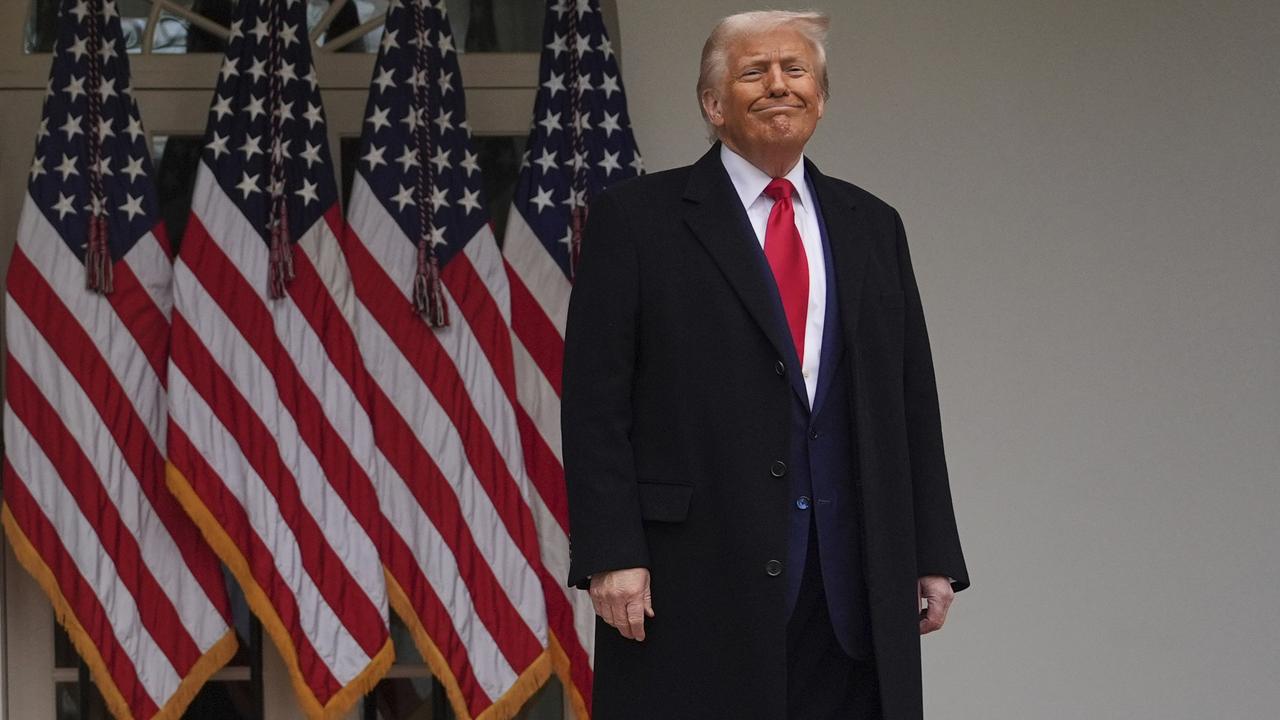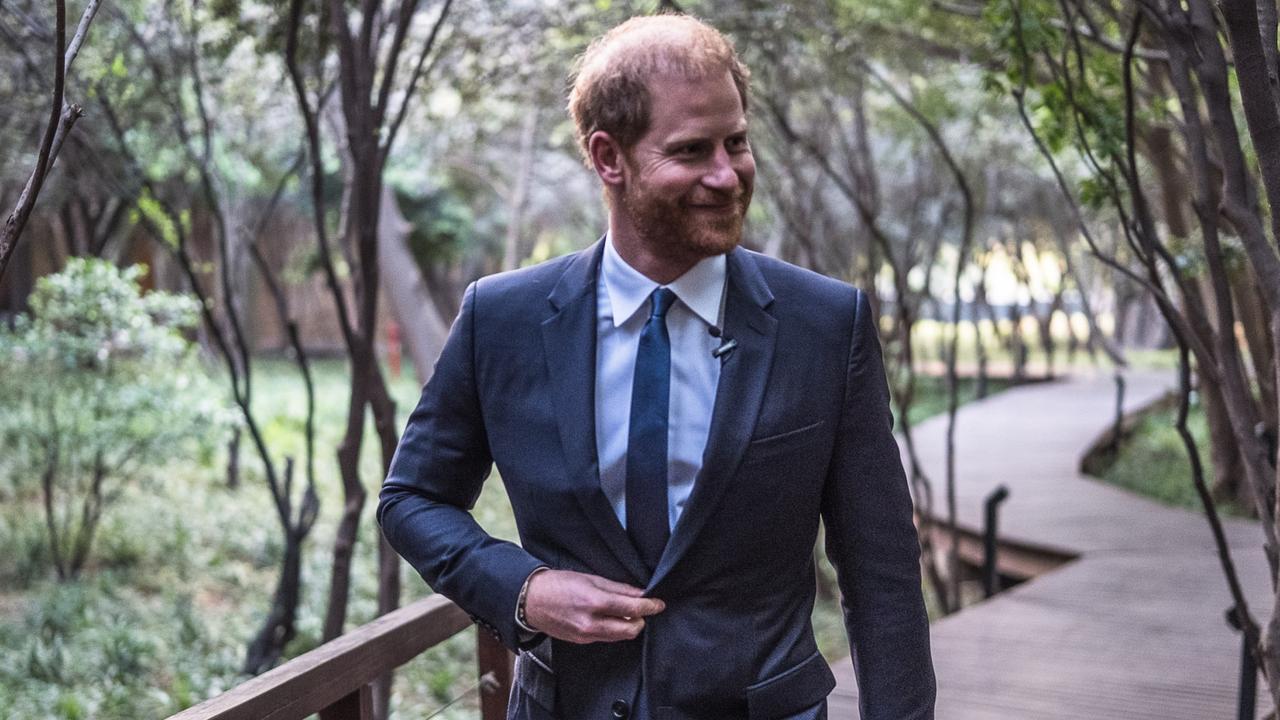A ruthless Xi Jinping-style purge is being waged for control of Labor Party
Already a potent unelected force for Labor, former premier Paul Lennon is fighting for factional control of the party’s agenda, writes SIMON BEVILACQUA.
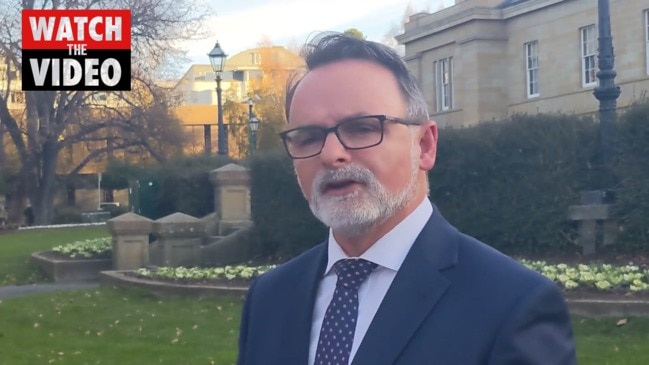
Opinion
Don't miss out on the headlines from Opinion. Followed categories will be added to My News.
FORMER premier Paul Lennon is in no position to stand in moral judgment of Labor’s David O’Byrne.
While he was never accused of sexual harassment, Lennon’s belligerent leadership style is duly recorded in history.
O’Byrne denies claims he sexually harassed multiple women
David O’Byrne defies calls from his own party to quit
Many respected public office-holders, including a judge, senior bureaucrats and top integrity officers, went public with serious allegations against the Lennon government, making claims of bullying, intimidation and dubious backroom deals.
Who knows whether less-powerful figures chose to stay quiet after being “leant on”, as one retired judge complained of Lennon.
The former union boss, now a paid lobbyist for Federal Hotels, usually dismisses this conga-line of complainants as political enemies with axes to grind, but by the end of Lennon’s short time as premier it was more than just his direct political opponents who were complaining.
He was on the nose with a vast majority of Tasmanians.
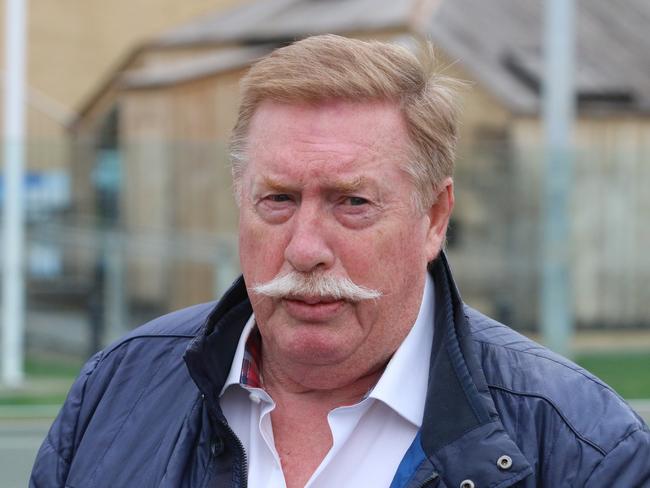
Lennon won a landslide election in 2004 for his supporting role to the hugely popular Jim Bacon, who died in office. But Lennon burnt all that goodwill in just one term, to resign with his tail between his legs and a preferred premier rating of 17 per cent.
The newspapers of the day recorded the calamity of Lennon’s fall from grace.
Lennon first came to most people’s attention when he made headlines in 1991 after being called as a witness to the Carter Royal Commission into the Rouse bribery scandal.
The 1989 state election had produced a hung parliament, with Labor struggling to try to do a deal with the Greens to form government.
Launceston businessman Edmund Rouse, worried at the cost of such a government with an environmental bent on his timber investments, tried to bribe Labor MP Jim Cox to cross the floor.
Cox rejected the offer and alerted police. Rouse was jailed.
The Royal Commission was set up in 1991 because there were rumours others were in on the attempted bribe. Sure enough, the inquiry uncovered that the bribe was common gossip in the corridors of power long before it was made.
Mercury reporter of the day, Wayne Crawford, said Lennon’s hour in the witness box was one of the most tense moments of the hearings. “[Lennon] shuffled nervously in his seat, adjusted his hair, and drank lots of water as he admitted embarrassment,” Crawford recorded.
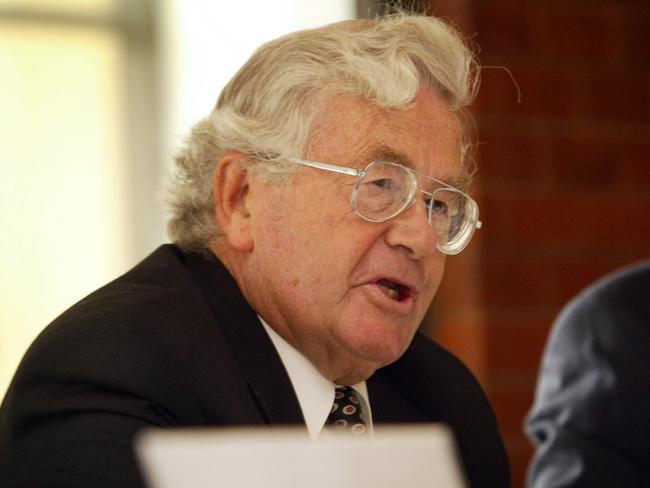
You see, Lennon was “very sheepishly admitting that, yes, he was embarrassed” by the fact that he was required to disclose details of a “private conversation” about internal Labor Party matters “over a couple of beers” with Liberal premier Robin Gray, just days before the bribe was offered.
The image of the state’s top unionist and leading light for Labor discussing internal party matters, without his party’s knowledge or consent, with his direct political opponent raised more than eyebrows, but over the years such backroom wheeling and dealing was overlooked by colleagues as it became Lennon’s modus operandi.
The Royal Commission found Gray to be “evasive”, “dishonest” and that he “knew” of the bribery bid, but that he should face no criminal charges because his behaviour was improper, not unlawful.
Gray dismissed it all as a witch hunt, and in the years after expressed a soft spot for Lennon and an affiliation with his style of politics.
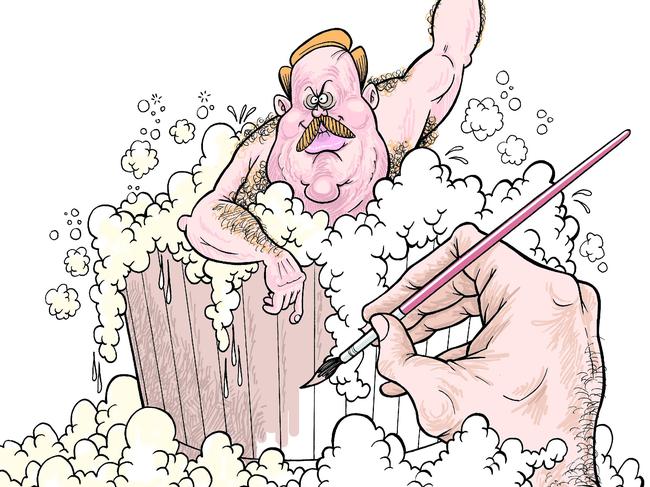
Years later, concerns about Lennon and his government were rife, not least after it was revealed he enjoyed the hospitality of Packer family companies at the Melbourne Cup racing carnival in 2005.
Lennon got an upgrade, reportedly worth $10,000, to a luxury suite in Crown Casino, just days before the government was to decide whether Betfair could operate in Tasmania. Packer’s Publishing and Broadcasting Limited company owned half the UK Betfair internet betting agency.
Lennon’s “hot tub” upgrade, as it became known, was fodder for cartoonists nationwide, including the one by the Mercury’s John “Polly” Farmer.
There were questions about how much Lennon paid for extensions and renovations to his historic Midlands home by construction firm Hinman Wright and Manser, which was a subsidiary of woodchip giant Gunns, whose website at the time said it specialised in industrial buildings, reservoirs, hospitals, water treatment plants and electrical substations. Hinman Wright and Manser had won a $14.5m contract from the Lennon government to build the new emergency wing at the Royal Hobart Hospital.
Lennon dismissed it all as a smear campaign.
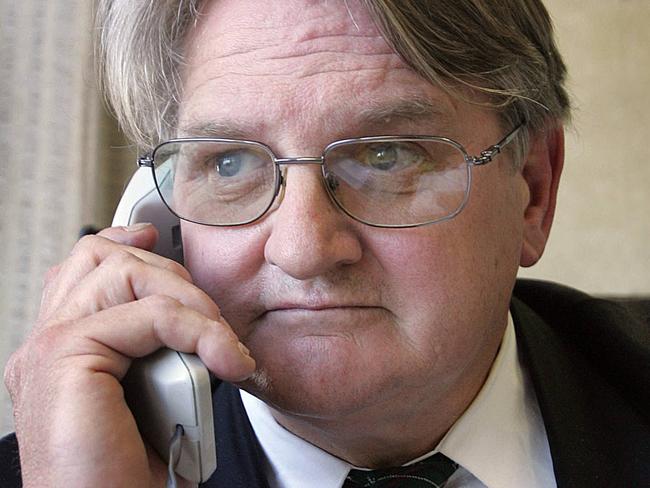
His close relationship with Gunns and determination to build the world’s biggest pulp mill in the Tamar Valley was another cause for complaint.
Senior bureaucrat Julian Green quit as head of the Resource Planning and Development Commission amid its pulp mill assessment.
Green alleged the Lennon government, via its $6m pro-pulp mill taskforce, had politically interfered in the assessment process.
RPDC technology expert Dr Warwick Raverty quit too, penning a letter to the Mercury criticising the “unethical political activity” of the government, saying “no ethical, unbiased scientist should assist a government that is, in his or her view, duplicitous and Machiavellian in its dealings with the electorate it serves”.
Retired Tasmanian Supreme Court judge Christopher Wright, newly appointed to head the assessment, soon went public with allegations that Lennon had interfered in the process and had pressured him.
The retired judge later accused Lennon of not being honest about their private conversations.
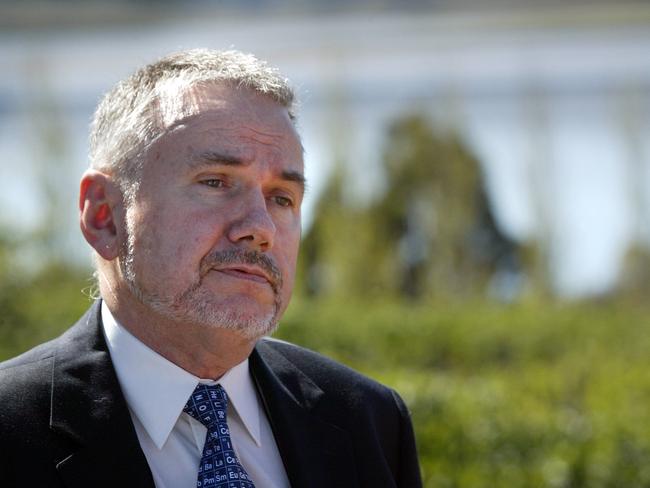
When senior forestry boss Bill Manning exposed corruption in the logging industry, Lennon dismissed him as having a “mindset of conspiracy, secrecy and corruption”.
A Forest Practices Board auditor with 32 years in the industry, Manning told a senate committee that the industry was rife with bullying, corruption and cronyism, supplying photos and hundreds of pages of documentary evidence.
Tasmania’s Anti-Discrimination Commissioner Jocelynne Scutt quit in 2004. Her job was to weed out bullies and discrimination. Slamming the door on the way out, Dr Scutt claimed her own office was bullied by the Lennon government.
Then there was the resignation of governor Richard Butler in 2004. Butler was paid $650,000 to go, but it was not clear why. Lennon said it was to protect the “good name of Tasmania”. He said it 33 times at the one conference.
The whisper mill went to work informing journalists and others why Butler had to go, but where was the evidence, good governance, natural justice, transparency?
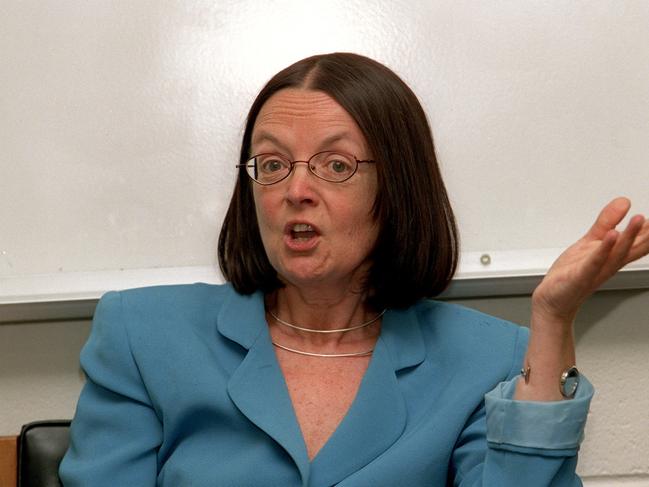
There was also Shreddergate and other political scandals, too many to go into here. Hurried resignations, with little or no explanation, were par for the course during Lennon’s reign.
All the public could know was that once a minister or senior bureaucrat or top official was gone, it seemed there was no longer any use for an investigation. It was swept under the carpet. After all, investigation into what? The public was determinedly kept in the dark.
When Lennon publicly demanded O’Byrne resign this week, it had as much to do with a ruthless Xi Jinping-style purge being waged for control of Labor as any stolen kisses, flirty texts or offensive remarks. Already a potent unelected force for Labor, who played a central role in the party’s damaging backflip on pokies at the last state election, Lennon is fighting for factional control of the party agenda.
I warn any falling in behind Lennon, who may have somehow forgotten the division and rancour of his rule, that no premier has been as unpopular with the public, and few have achieved so little while inflicting so much pain.

